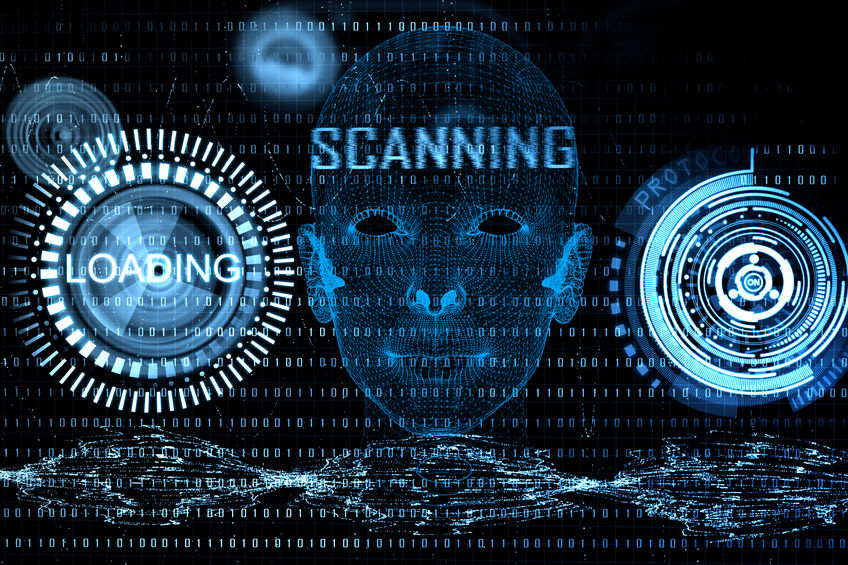We’ve certainly covered facial recognition before, but it’s only in the past week or so that we’ve seen this intense, consistent level of news, development and controversy. Some cites are banning facial recognition outright, while the New York Times discovered that hundreds of police departments are now using a database with billions of images scraped from the internet, including Facebook, YouTube and Venmo. Meanwhile, there is little to no oversight of how data is collected or used, and the problem grows.
- Facial recognition isn’t just bad because it invades privacy: it’s because privacy invasions fuel discrimination [Boing Boing] “Regulating this system means addressing all three steps of the process. A ban on facial recognition won’t make any difference if, in response, surveillance systems switch to identifying people by smartphone MAC addresses. The problem is that we are being identified without our knowledge or consent, and society needs rules about when that is permissible.”
- Google favors temporary facial recognition ban as Microsoft pushes back [The Verge] “‘Look, you can try to solve a problem with a meat cleaver or a scalpel,’ Smith told NPR when questioned about a potential ban.’And, you know, if you can solve the problem in a way that enables good things to get done and bad things to stop happening … that does require a scalpel. This is young technology. It will get better. But the only way to make it better is actually to continue developing it. And the only way to continue developing it actually is to have more people using it.'”
- We’re Banning Facial Recognition. We’re Missing the Point. [NY Times] ” These efforts are well intentioned, but facial recognition bans are the wrong way to fight against modern surveillance. Focusing on one particular identification method misconstrues the nature of the surveillance society we’re in the process of building. Ubiquitous mass surveillance is increasingly the norm.”
- How Tech Will Shake Up Healthcare in 2020 [ReadWrite] “The past year yielded further advancements in medical technology. Telemedicine practices helped doctors connect with top-rated specialists. Blockchain technology eased the transfer of healthcare records while keeping patient data safe. Indeed, some of the biggest healthcare trends of 2019 were about making the industry more accessible and agile. What can the healthcare industry expect from technology in 2020? Here are three trends to watch.”
From the Ohio Web Library:
- Early warning system: From face recognition by surveillance cameras to social media analysis to detecting suspicious people. ( Afra, S., & Alhajj, R. (2020). Early warning system: From face recognition by surveillance cameras to social media analysis to detecting suspicious people. Physica A, 540, N.PAG. )
- Facial Recognition Is Tech’s Biggest Mistake.( Eddy, M. (2020). Facial Recognition Is Tech’s Biggest Mistake. PC Magazine, 18–21. )
- ARE YOU BEING WATCHED? ( Smith S. Are You Being Watched? Science World. 2019;76(1):22. )


